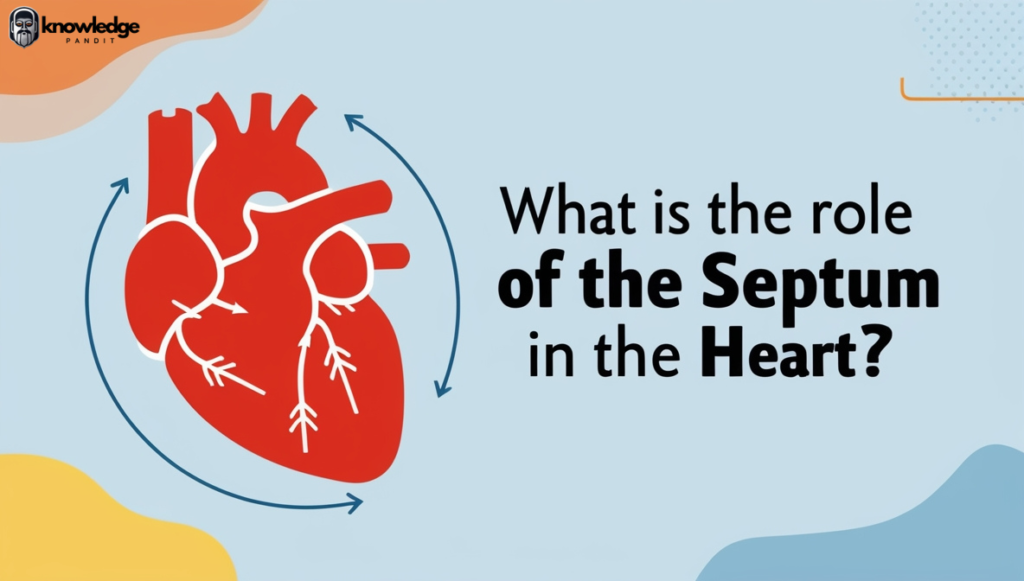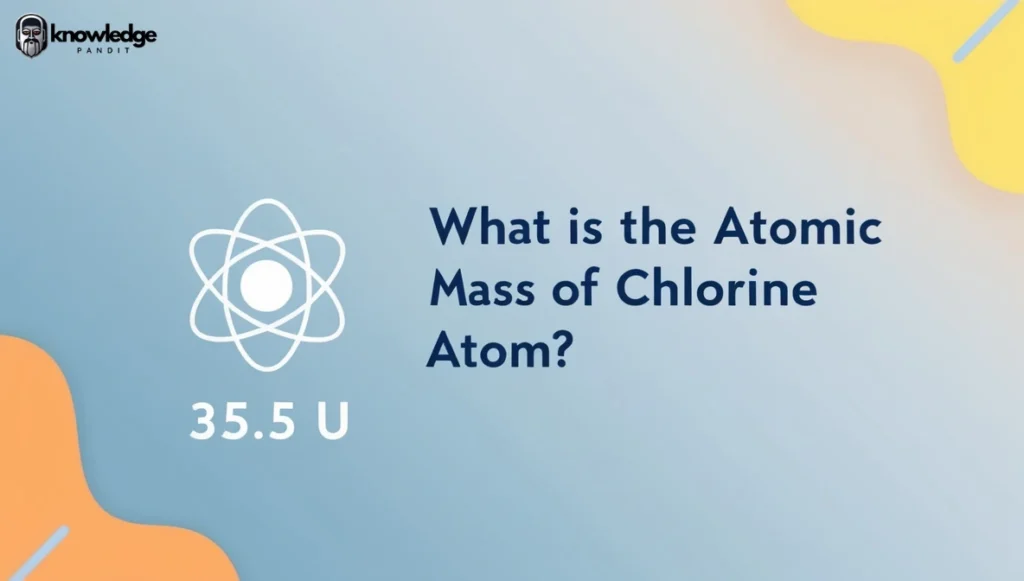The role of septum in the heart is the proper functioning of the human heart by separating its chambers and ensuring efficient blood circulation. It is composed of two distinct parts:
- Atrial Septum: Separates the two atria (upper chambers).
- Ventricular Septum: Separates the two ventricles (lower chambers).
Primary Functions of Septum in the Heart
Separation of Oxygen-Rich and Oxygen-Poor Blood:
The septum ensures that oxygen-poor blood from the right side does not mix with oxygen-rich blood on the left side. This separation is crucial for maintaining an efficient circulatory system.
Support for Heart Structure:
The septum offers structural stability to the heart, ensuring it does not collapse during the cycles of contraction and relaxation.
Facilitating Proper Blood Flow:
The septum ensures that blood flows in one direction through the heart and to the rest of the body, enabling effective oxygenation.
Why is the Septum Important?
Without a properly functioning septum, the heart would struggle to effectively oxygenate and circulate blood. Issues such as a septal defect (a hole in the septum) can lead to mixed blood flow, resulting in decreased oxygen delivery to body tissues and other related complications.
Key Facts About the Septum
- Development: The septum forms during fetal development to divide the heart chambers.
- Conditions Associated: Common heart conditions like atrial septal defect (ASD) and ventricular septal defect (VSD) involve a malformed or incomplete septum.
Example of Septum in Action
- The right atrium collects oxygen-poor blood from the body, which flows to the right ventricle and is sent to the lungs for oxygenation.
- The left atrium receives oxygen-rich blood from the lungs and sends it to the left ventricle, which pumps it to the entire body.
- The septum ensures these processes occur independently without mixing the two blood types.
Importance of the Septum in Heart in Daily Life
- Efficient Oxygen Supply: By separating the heart chambers, the septum ensures the body gets the oxygen it needs for energy and survival.
- Heart Health: A healthy septum is critical for maintaining a normal heart rhythm and circulation.
Read More:
The septum’s role extends beyond just separation—it is fundamental to the heart’s function, ensuring life-sustaining processes like oxygenation and circulation work seamlessly.




